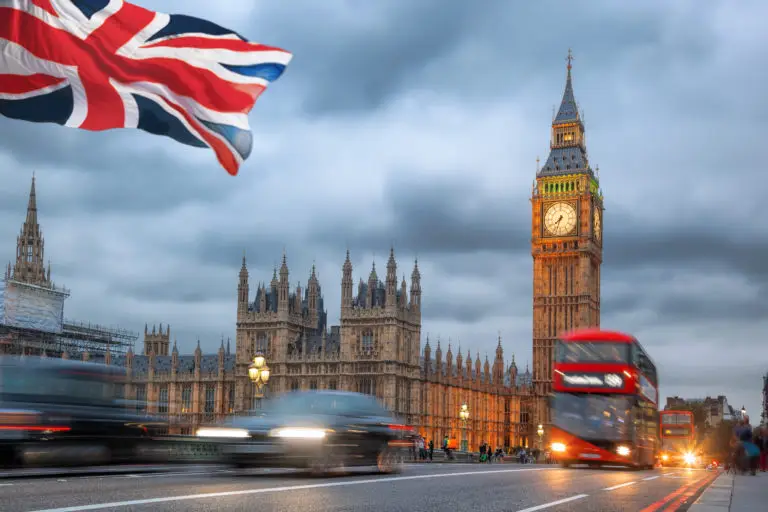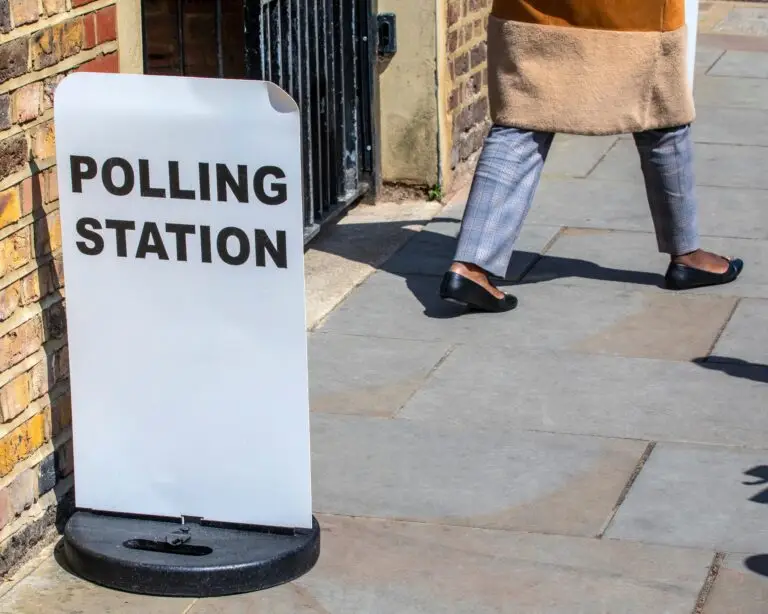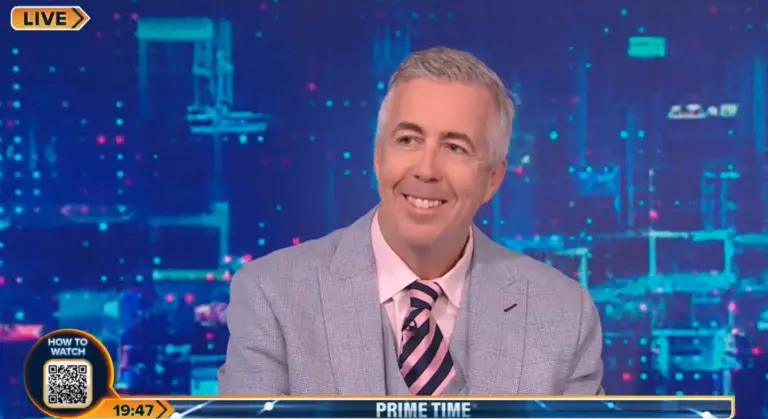With a swift change in Government, comes a swift change in policy. Most notably, the new Chancellor and Prime Minister have moved quickly to undo much of Liz Truss’s Mini-Budget and re-assert a Conservative reputation for ‘sound money’.
Whilst much of the Mini-Budget was unpopular to begin with, and few tears shed for its reversal, one policy appeared popular, and potentially effective: Investment Zones.
Investment Zones have emerged from similar policies covering Enterprise Zones and Freeports, and the Sunak Government has yet to take a public view on their implementation.
Briefings to newspapers over the weekend, from ‘senior’ civil servants, suggested the policy would be binned – due, in large part, to the expense of the proposed tax incentives.
However, the politics of this is not as easy.
The Rapid Expression of Interest process – where local and combined authorities set out their bids for Investment Zone status – closed on the 14th October.
Regions worked hard to gather the support of their MPs and identify hundreds of sites which could benefit from tax incentives. The West Midlands Combined Authority, for example, identified eight opportunities including Arden Cross and the HS2 Interchange, alongside the area around the West Midlands Gigafactory.
These are projects which are critical to regional economies, and have been championed by local leaders for years. They are fundamental to regional strategies and really matter for political leaders on the ground.
It is not such an easy policy to cancel.
Instead, we anticipate an adjustment in the approach. This could include one, or maybe two, Investment Zone opportunities per region.
These would be centred on major infrastructure or existing investment. The principle of development in these locations should already be agreed and they would have to reflect the strategic priorities of the region.
Investment Zones will need to be focussed on core sectors. For the West Midlands, that could be automotive or medical technology. It will not be enough to simply draw a red line and welcome any investment – it must have a strategic rationale.
Backers should also be able to demonstrate that those businesses benefitting from tax incentives would be unlikely to invest otherwise – if not, the risk is the policy simply hands out tax breaks for investment which would have been made anyway.
Finally, the incentives on offer should be bespoke to each region and Investment Zone – reflecting the unique challenges and opportunities for each site.
Following these principles, Investment Zones could be a highly successful policy. More than that, they could become the only positive legacy of the Liz Truss Government.





